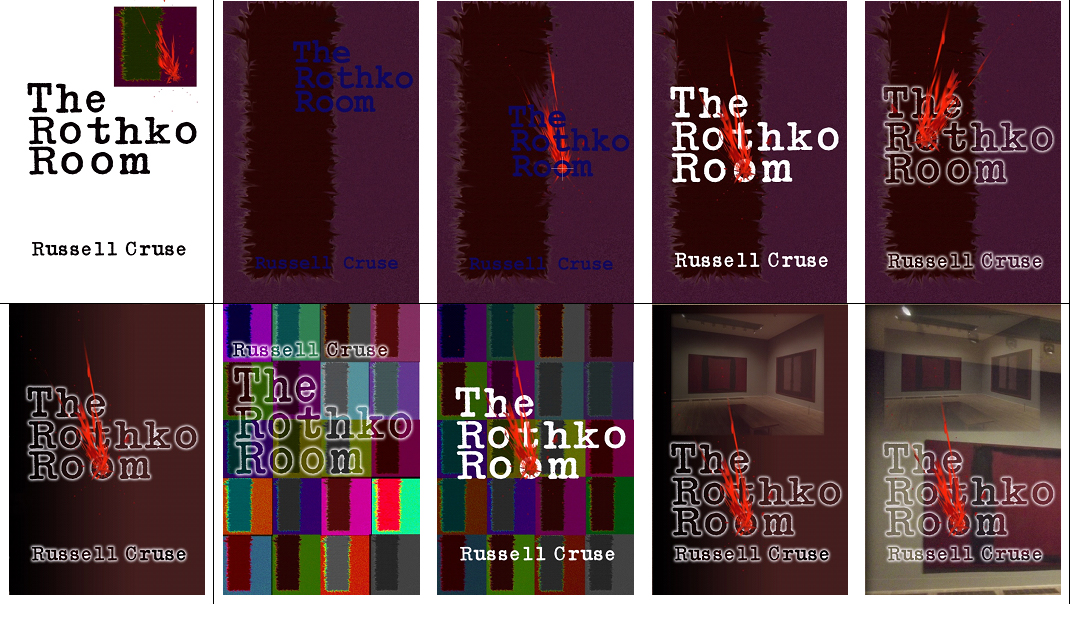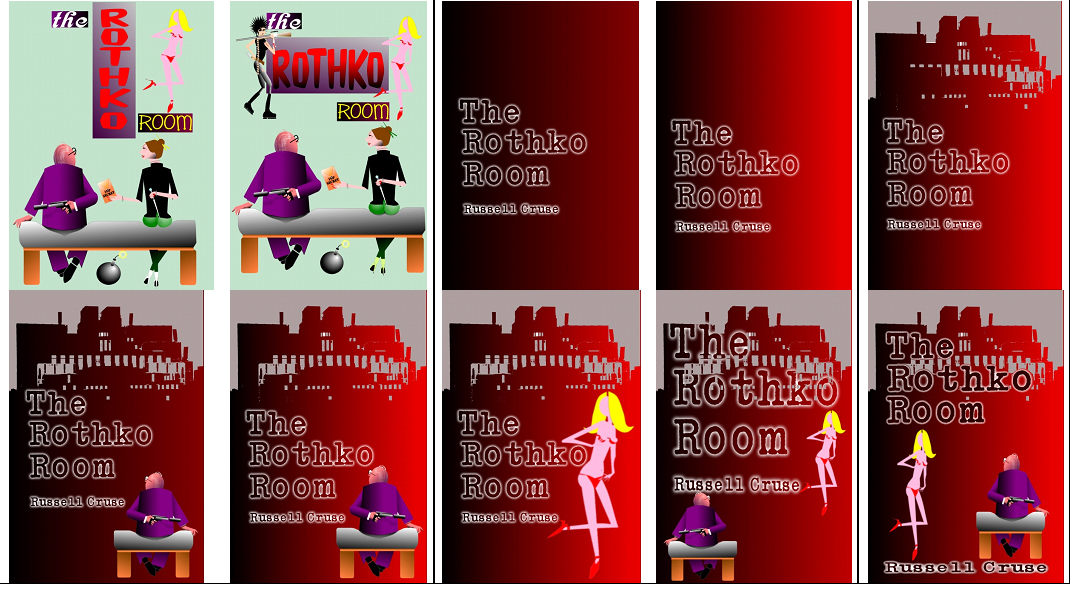Take the other day, for instance: I thought I was reading a newspaper article that was telling me that, as a promotional wheeze, Waterstone’s are commissioning authors to write an extra chapter in their books. This final denouement will be available only to readers who buy those books in the store. Anyone buying the book elsewhere will discover that they have bought, in effect, an unfinished novel.
I know! That’s what I thought too!
It seems some bright spark at Waterstone’s had noticed that certain music outlets offer bonus tracks on downloads and CDs so why couldn’t the same thing apply to novels? Naturally, this set me thinking, just as it’s done to you, of all those books that could have benefitted from that extra chapter.
Then I recalled the paperback version of Anthony Burgess’s “A Clockwork Orange”, which had the last chapter of the original version omitted in order (I’ve always believed) to comply with the film’s rather bleak and less nuanced approach towards mindless violence. Burgess wanted to say that the violence of Alex and his droogs was a result of social conditioning, whereas Kubrick wanted us to believe that violence is an innate and immutable part of the human condition.
Violence may or may not be an immutable part of the human condition but sure as sunrise, the desire to sell books at any cost most certainly is; even if that cost involves bolting on a bogus ending in order to appease the paymasters.
Surely a book is only finished when it’s finished? If it isn’t finished, then it’s not finished and it needs more words in order to finish it; and then THAT is the book the author wishes the reader to read. Either the book that Waterstone’s customers buy is going to be one that has a superfluous chapter, (and if so, what’s the point) and the one that the non-Waterstone’s customer buys is unfinished. I really don’t understand promotion.
Anyway, I’m off to buy a shirt from Marks & Spencer. Apparently, as a promotion, they’re doing them with three sleeves instead of the two you get everywhere else.










 RSS Feed
RSS Feed

